|
Safety, Dreams and Peace of Mind (Originally published on SpokaneFavs)
How good we feel when we wake up is correlated with how well we sleep and the contents of our dreams. How well we sleep and dream is related to our peace of mind and level of anxiety. Recent research put it this way, “Waking mental well-being is assumed to be tightly linked to sleep and the affective content of dreams. Healthy participants completed a well-being questionnaire, followed by a three-week daily dream diary and ratings of dream affect [positive or negative]. Multilevel analyses showed that peace of mind was related to positive dream affect, whereas symptoms of anxiety were related to negative dream affect. We propose that whereas anxiety may reflect affect dysregulation [imbalance] in waking and dreaming, peace of mind reflects enhanced affect regulation in both states of consciousness. Finally, our study shows that peace of mind complements existing conceptualizations and measures of well-being.” (Sikka, P., H. Pesonen, et al. (2018). "Peace of mind and anxiety in the waking state are related to the affective content of dreams." Sci Rep 8(1): 12762. [Full Text] https://www.nature.com/articles/s41598-018-30721-1.pdf This idea of a correlation between sleep, well being and peace is reflected in several languages including Lango, a Southern Luo dialect spoken by the Lango people of Uganda and the Sudan. Here are some words for peace in Lango: "Kuc" (peace) "Kuch" (to be quiet, to be at peace), "Kweo" (to make cool, to pacify), "Ayom" (soft, peaceful), "Morembe Ayom" (greeting), and "Buti Ayom" (sleep softly, well). Sleep Peacefully In the Lango language of Uganda and Sudan “ayom” means soft and peaceful "buti ayom" is to sleep softly and well “morembe ayom" is a greeting a wish of peace for the morning of well being after sleeping softly Another Lango word "kuc" means peace "kuch" is to be quiet to be at peace both words correlating peace and quiet may we each experience “ayom” and “kuc” peace, sleep and well being In Bambara another language of Africa sleep and peace are correlated more directly in a common morning greeting. "Hèrè " and "Errébé" mean peace in this language of Mali. Sleep Peaceful Good Morning In Bambara, the language of Mali in West Africa the way you say good morning "Hèrè sira wa?" means did you sleep in peace often the answer is "hèrè dogon" or peace only Similar in the Dyula of West Africa did you sleep in peace? is "hèrè sirawa?" and peace only is "hèrè dron" Try this. Each morning for a few days, wake up and say to yourself out loud or to another person, "Good morning Peace!" in English or another language. In your mind and with your words, frame your day as one with peaceful relationships intertwines with inner peace. A common northern Somali greeting is “Ma nahad baa” or “is there peace.” In Somali spoken in Somalia, Djibouti, and Ethiopia, the word for peace is “Nabáda.” “Nabadda maanka” is peace of mind. Found Poetry The following poem is what is called a found poem, meaning the words were found in an essay or some other form of writing then teased out to create a poem. The order of the words can be changes in the process and sometimes the whole meaning of the essay can be different in the poem. Sometimes a found poem distills the words already written on a page, up to their essence. This is also what is known as a Persona poem or a poem written by a poet but from another person’s point of view. Trying literally to walk in another person’s words or trying to share another’s point of view while inhabiting their own body and experience. Mohamed Maine Seed The proud son of Somali immigrants traversed oceans and continents to escape brutal civil war seeking the American dream for themselves and their children enduring hardships discrimination, poverty and violence struggling to understand who I am where do I belong we were too Somali too Muslim Black Foreign the American Dream out of reach but incredible friends and mentors pushed me to think otherwise I have a place in this country with good people including diversity and the freedom to be who you are in a better place I hope one day to welcome the schoolgirl from Syria the young entrepreneur from Iraq the old poet from Somalia where we have a Somali proverb when we see injustice “Dhiiga kuma dhaqaaqo?” “Does your blood not move?” I am moved. Capturing a similar dream for all Africa, Nelson Mandela said, “I dream of an Africa which is in peace with itself.” May we all find peace as we sleep, dream, and in all our waking hours with the help of words from our own native tongue and the African languages of Lango, Bambara, and Somalia. Sleep Peaceful Good Morning In Bambara, the language of Mali in West Africa the way you say good morning "Hèrè sira wa?" means did you sleep in peace often the answer is "hèrè dogon" or peace only Similar in the Dyula of West Africa did you sleep in peace? is "hèrè sirawa?" and peace only is "hèrè dron" Exercise Each morning for a few days wake up and say to yourself or out loud or to another person, "Good morning Peace!" in English or another language. In your mind and with your words, frame your day as one with peaceful relationships and inner peace. Originally posted on SpokaneFavs: Safety, Dreams and Peace of Mind ... How good we feel when we wake up is correlated with how well we sleep and the contents of our dreams. https://spokanefavs.com/safety-dreams-and-peace-of-mind/
0 Comments
Docile Peace
Is calm and peaceful the same as meek and docile? It is in Cocama spoken in Peru, Colombia and Brazil "Iyuru" is to be meek and docile calm and peaceful Cocama (cod), Cocama-Cocamilla, or Kokama--Cocama (cod), Cocama-Cocamilla, Kukama-kukamiria, or Kokama—"Iyuru" (to be meek, docile, calm, peaceful), "Era" (good), "Chinta" (silent), "Chinta-puri" (be silent), "Uwaka-pa" (become) + "Era" (good), "Uwakapera" (totally transformed, become good)—Peru, Colombia and Brazil. Cocama-Cocamilla Quotes "Awa ɨyurun tɨma ikua yumɨra" he who is tranquil does not know how to rage or in Spanish "ya se ha hecho manso" "Wa ɨyurun tɨma ayukaka" people peaceful does not fight or In Spanish "la gente pacifica no pelea" Other languages of Colombia Other languages of South America
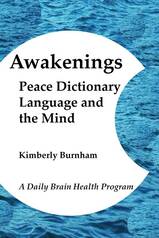
Peace Fish and Listening
In Yir-Yoront "pin" means ear or leaf "ngar" means peace or fish "pin ngar" is a peaceful place perhaps a place abundant with food "ngar pin lenh" is a kind of fish or eel "ngar thip" is a stingray "ngar pirntawl" is a mudskipper "ngar laqw" is the red eyed sea mullet connecting peace, food and listening people conversing around a fire roasting the catch of the day in this language spoken at the mouth of the Mitchell River in Southwestern Cape York Peninsula, Australia Yir-Yoront—"Pochrry" (peace, peaceful), "Ngar" (peaceful), "Pin Ngar" (peaceful place), "Pam woy pown inhqa nh" (peace, peaceful), "Thilp Thilw" (low calm water)—Southwestern Cape York Peninsula, Australia.
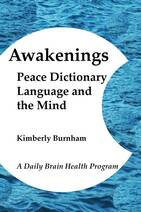
Peaceful Intimacy
In Kongo spoken in the Congo "Ngemba" and "Nguba" mean peace there is a saying "dia e nguba akuluka omu tulu" "to eat without fear or anxiety is to be in peaceful circumstances "Ngemba" also means friendship and intimacy as if when we are at peace surrounded by friends we can experience intimacy sharing ourselves fully and taking in food and a world of experiences Or as my nutrition teacher used to say "you can get better nutrition from a hot dog with friends than an organic gourmet meal with people you hate." Kongo—"Kikœndi" (friendship friendliness intimacy, peace), "Ngemba" (peace, friendship, intimacy), "Bunda e Yongo" (peace), "Bunda e ngemba" (to make peace renew friendship spoken of two or three people only), "Luve" (peace, truce), "Vuvama" (safety tranquillity quiet peace), "Eyangala" (gladness joy contentment peace quiet happiness bliss delight rejoicing comfort), "Eyangi" (a peaceful happy contented joyous), "Lembama" (to be tame meek gentle assuaged appeased demure civil calm quiet docile humble to be at peace to lull abate), "Pi i" (is often much prolonged peace quiet tranquillity silence calm), "Butama" (to be quiet silent to abstain from making a noise or disturbance to be at peace), "Moyo", "Moyou", "Kuluka" or "Bwa" (to be calm free from anxiety at peace at rest in one's mind content resigned be composed), "Nguba" (dia e nguba akuluka omu tulu (Proverb), to eat without fear or anxiety, to be in peaceful circumstances) or "Nlekoko" (a moyo or ntima - the absence of all impatience, patience, peace, to be released) —Congo.
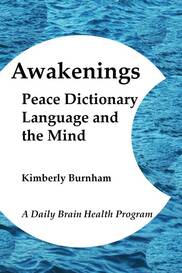
The Meaning of "Nyens nyens" (in a peaceful, gentle manner), Nyens nyens (to be sedate, serene, to be sober, calm), Nyenstap (to be quiet, peaceful), "Nyenstap gaus-yis" (peaceful, happy, to be gentle, mild)., "No shi-shenh" (a time of rest or peace), Pyo (to be pleasant, agreeable, delectable, enjoyable;.happiness, peace, joy, bliss, to be happy, to be pleased), "Samlo" (to keep silence so as to insure luck as in hunting, quiet, repose, to enter and be imbedded, to be still, silent, quiet), "Samlo nyens nyens" (quietly, peacefully; be at peace) in Achang (acn), Ngochang - Achang, Ochang, Atsang, a Burmese-Lolo and Sino-Tibetan language of China (Yunnan Province. Dehong Prefecture, Lianghe and Longchuan counties).
Peace and Hunting Luck In Ngochang or Achang spoken in Yunnan China "samlo" means to keep silent so as to insure luck in hunting quiet, repose to enter and be imbedded I imagine a hunter in camouflage hiding in a blind quiet and still not a gun but a camera ready to shoot so all can go peacefully on their way "Samlo nyens nyens" is quietly or peacefully to be at peace while "samsam" is still and quiet but also confidingly and "tsingtsam" is also still and quiet. "tsoek yah" and "nyens nyens" is to be quiet, still and thus orderly like a new world order where everyone finds ways to be at peace "Samlo yaus dah jeis" is quiet, slowly as flowing water as water flows across borders shared or horded polluted or clean it flows from one place to another filling the wells of all of us indiscriminately [More Brain Health Exercises] What are you hunting for that you need luck?
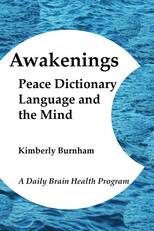
Vrede in Afrikaans
"Vrede" (peace), "Vreedsaamheid", "Sekerheid", "Doodskiet" (calm), "Gerus" (calm), "Gemoedsrus" (peace of mind), "Harmonie" (peace), "Kalm" (calm, tranquil), "Kalmeer" (calm), "Kalmte" (peace), "Pouse" (calm, tranquility), "Rus" (calm, tranquility), "Rustigheid" (peace) "Sekerheid", "Slag" (calm), "Stilstand (calm, tranquility), "Stilte" (peace), "Veiligheid" (peace), "Verneder" (calm), "Verslaan" (calm), "Vrede" (peace), "Vreedsaamheid" (peace), in Afrikaans (afr) close to Dutch spoken in South Africa, Botswana, Malawi, Namibia, Swaziland and Zambia. "Goeiemôre Môre Vrede" (good morning peace). Peace is a South African Town "Vrede" is a South African town 60 km south of Standerton 216 km south-east of Johannesburg founded on the farm Krynauwslust in 1863 proclaimed a town 16 years later "Vrede" is peace in Afrikaans one of 11 offical South African languages the name stuck to the town afrter the settlement of a dispute over the proposed site of the town Vredefort another South African town 15 km south-west of Parys 76 km north-north-east of Kroonstad laid out on the farm Vischgat in 1876 proclaimed 5 years later called Vredefort or Fort of Peace "Vredenburg" formerly known as "Procesfontein" or lawsuit fountain 165 km north-north-west of Cape Town 11 km north-north-east of Saldanha given the name Town of Peace in 1875 "Vrede" is also peace in Dutch [More Exercises]
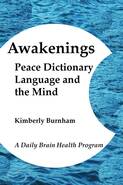
Alaafia in Yoruba (Nigeria)
"Àlàáfíà" (peace, sound health or well-being), "Ìrèlè" (peace), "Itunu" (peace of mind), "Ifaiya" (alignment, as being aligned with one's destiny or ultimate purpose in life), "Ifaiya bale" (peace, the practice of peaceful volition and absolute non-violence) in Yoruba (yor), Yorùbá or Youruba spoken in Nigeria, Benin, Togo (West Africa). From the Tongue to Ultimate Purpose in Yoruba (Nigeria) We have a saying in Yoruba spoken in Nigeria "In order to bring about peace, first bring peace to your tongue" There is peace "àlàáfíà" and "ìrèlè" and other Yoruba words explain the concept of peace "idera" or comfort "itunu" peace of mind "itelorun" conveys contentment "ifokanbale" as the mind rests in a place without worry "àlàáfíà" translated peace as well as sound health or well-being and a beautiful word "ifaiya bale" succinctly mulling over the practice of peaceful volition and absolute non-violence integrated into this gentle peaceful word "ifaiya" is alignment as in being aligned with one's destiny or ultimate purpose in life as if only through peace we each attain purpose in our life More Exercises Notice the relationship today between the things you say and your sense of accomplishment. Peace Word of the Day #peace #brain #Alzheimers #memory #travel #language #exercises #health
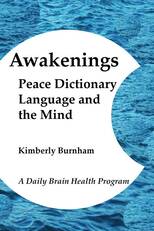
ʔc̆huâyk kyō c̆i in Yavapai (Central Arizona, US)
“ʔc̆huâyk kyō c̆i” (peace, literally no more fighting) in Yavapai a Native American language spoken in Central Arizona. Yavapai Peace Dance In Yavapai, a Native American language spoken in Arizona war is "ʔc̆huâ" "ʔc̆huâ yi" is hostilities "ʔc̆huâ •yk himác̆i" is a war dance and out of war can come peace "ʔc̆huâyk kyō c̆i" or literally no more fighting and perhaps "ʔc̆huâyk kyō c̆i •yk himác̆i" a dance for peace Exercise Does peace feel the same as no more fighting? Can you imagine what a peace dance would look like?
Peace Word of the Day #peace #brain #Alzheimers #memory #travel #language #Yuit #Siberian #Russia #Alaska
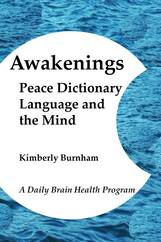 This list is constantly being updated. Language—"word" (peace)—Country. I am trying to make it as comprehensive and accurate as possible. Contact Kimberly Burnham with any questions, comments, corrections or additional words.
Step 1: Assess.Your State of Being [Access the Free video class]
Step 2: Write 8 health goals, big and small. 1. Enjoy better walking. 2. Have less pain. 3. Have more energy. 4. Stop eating junk food. 5. Sleep better without night terrors. 6. Eliminate tremors. 7. Get rid of shoulder tension. 8. End back pain. Step 3: Rewrite the 8 health goals framed in a positive way. 1. Enjoy better walking. 2. Move comfortably. 3. Benefit from more energy. 4. Eat more vegetables and protein. 5. Sleep restfully and have great dreams. 6. Develop muscle strength and control. 7. Soften and relax my shoulders. 8. Flex and extend my spine with ease. Step 4: Make the goals measurable. Step 5: Pull Out the Verbs Strength enjoy walking move comfortably benefit and eat sleep rest dream develop and control soften and relax flex and extend Step 6: Write 8 health goals using vivid action words and joints or parts of the body doing the action Motion walk enjoy move smile in motion energetically walk dance bicycle gobble colorful vegetables crunch munch down proteins lay quietly dream vigorously achieve momentum orchestrate muscles like a symphony soften lower calm shoulders bend back and forth here and there with ease Step 7: Write 8 goals using sensory words like red, soft, or tingling. Balance and Flexibility walk gently strongly balanced over uneven surfaces smile eyes twinkling in motion walk energetically dance robust bicycle round and round gobble red apples green avocados yellow orange squash a rainbow of vegetables munch down cashews tortillas stir fried shhh quietly sleeping dreaming sunny warm dream delightful blue and green peaceful dreams orchestrate strong muscles demand cooperation bask in the loyalty of muscles following directions shoulders sigh getting out from under the burden tingling with success bend back and forth soft and flexible like green swaying bamboo Step 8: Add something to your "poem" about the mind or brain, what you are thinking as you accomplish your goal. Step 9: Write a poem as if you are describing yourself or another person doing the action. Mind’s Eye Imagery walking balanced taking wide steps sporting a twinkling smile moving energetically dancing robust bicycling round and round circulating dopamine sleeping dreaming delightfully flexing strong muscles demanding cooperation shoulders relaxing tingling with success bending back and forth soft and flexible Step 10: Write goal and a “poem” as if you have accomplished one of your goals. Noticing Changes Last week I started noticing the difference strength balance on uneven surfaces smiling I recall how far I have come motion smooth and easy for me now anything I want abundant energy walks dances and bicycles around me as I move through the world Red apples green avocadoes yellow orange squash a rainbow of vegetables satisfy me as I dream I remember last night's dream vivid colors words swirling movements flowing like silk in dreams and life I am master of my destiny movement walking running even head sitting on neck on shoulders strong flexible bamboo green and healthy better today than yesterday I walk Step 11: Notice what has changed in how you walk. Reevaluate. Walk and feel. How has each step changed? Step 12: Post your final visualization or “poem” to the community board. Declare your vivid vision of the future. Free Class at SkillShare (Video Presentation)
Inspired by Gandhi, International Writing Competition 2014-2015 by Anne Cockitt (Editor), Geoff Barnbrook (Editor), William Rhind (Foreword), Buzby Bywater (Illustrator), Piali Ray (Introduction), Authors: Kimberly Burnham, Jamie John, Archita Mittra, Anthony Itopa Obaro, Ishani Pant, Sohaib Mirza, Ishani Banerji, Ankit Malhotra, Erolina Rodrigues, and Jay Malaga. Sampad South Asian Arts Publishing
Gandhi, A Found Poem by Kimberly Burnham (Winning Entry)
Live as if there is love there is life health is real wealth Learn as if you must be the change happiness is when you think forgiveness is the attribute message life Lose yourself in service wonders of a sunset beauty of the moon, worship of the creator then you win what you do are in harmony
|
Medium Blog
Home of the Daily Peace Challenge. Learn about world peace - one word and one language at a time. (c) Kimberly Burnham, 2022 The Meaning of Peace in 10,000 Languages Looking for grant money to complete this peace project
Kimberly Burnham, PhD (Integrative Medicine)
860-221-8510 phone and what's app. Skype: Kimberly Burnham (Spokane, Washington) NerveWhisperer@gmail.com Author of Awakenings, Peace Dictionary, Language and the Mind, a Daily Brain Health and P as in Peace, Paix and Perdamiam: an Inner Peace Journal To Stimulate The Brain Kimberly Burnham, The Nerve Whisperer, Brain Health Expert, Professional Health Coach for people with Alzheimer's disease, Memory Issues, Parkinson's disease, Chronic Pain, Huntington's Ataxia, Multiple Sclerosis, Keratoconus, Macular Degeneration, Diabetic Neuropathy, Traumatic Brain Injuries, Spinal Cord Injuries, Brain Health Coaching ... Contact Kimberly Burnham in Spokane Washington (860) 221-8510 NerveWhisperer@gmail.com. Chat with Kimberly about Parkinson's, Poetry or other Brain related issues.
Not Taking Advantage of Your Amazon Author's page?
Kimberly Burnham helps authors get their books out into the world more broadly by improving their free Amazon Author's page and book pages, posting a book review on her blog and on her LinkedIn Pulse blog (over 12,000 followers) Promotion packages start at $50. Contact her at NerveWhisperer@gmail.com. See her Amazon Author's Page. See her list of publications including her latest book of brain health meditations, Awakenings: Peace Dictionary, Language and the Mind, a Daily Brain Health Program. 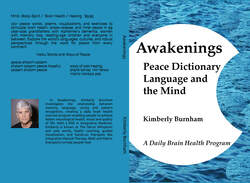 Look Inside on Amazon Look Inside on Amazon
Now Available: AwakeningsPlease share and write a review on Amazon.
Poet-In-Residence Position
I am looking for guest blog opportunities and a position as poet-in-residence. My current project is writing dictionary poems using words in different languages for the English word "peace." You can read some of my poems on Poemhunter . As poet-in-residence I would write poems on different words in different languages and broadcast them throughout the social media blogosphere. Each poem would link back to your site where the word or language appeared. I would expect some sort of stipend and a six month to one year placement. Please contact me for details if your organization is interested in having a poet-in-residence to help get your message out. Nervewhisperer@gmial.com Buy the print or eBook, review Awakenings then contact Kimberly for a free 20 minute brain health consultation. Email or Phone
(Regular rates $120 per hour or 10 sessions for $650.) (Integrative Medicine)
|
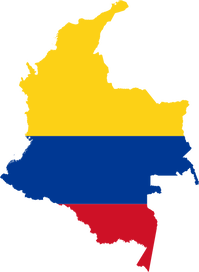

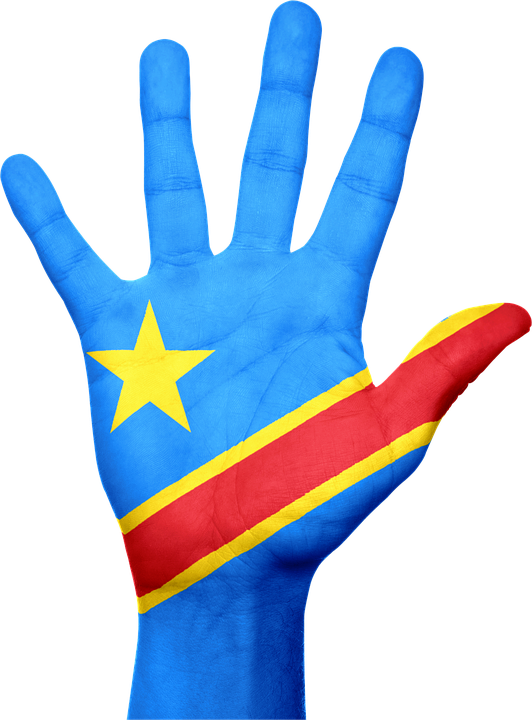
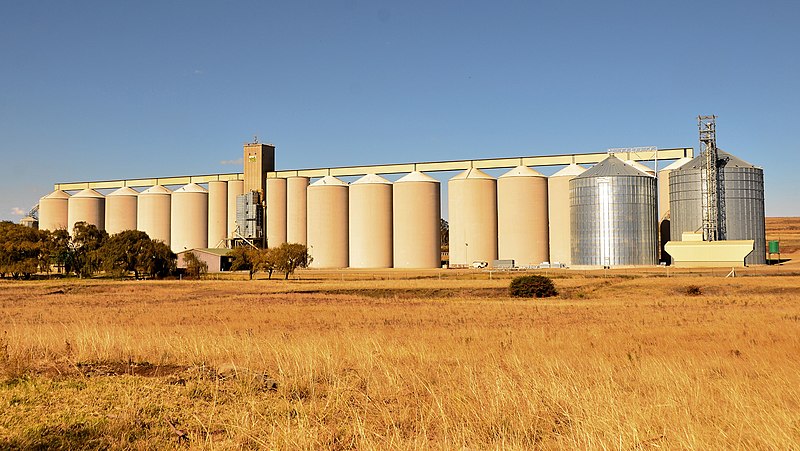
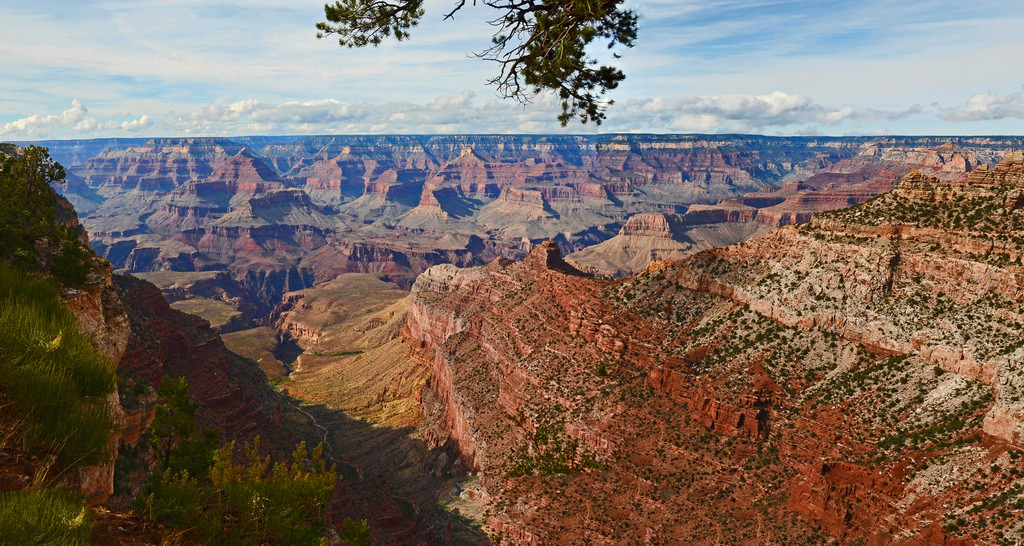
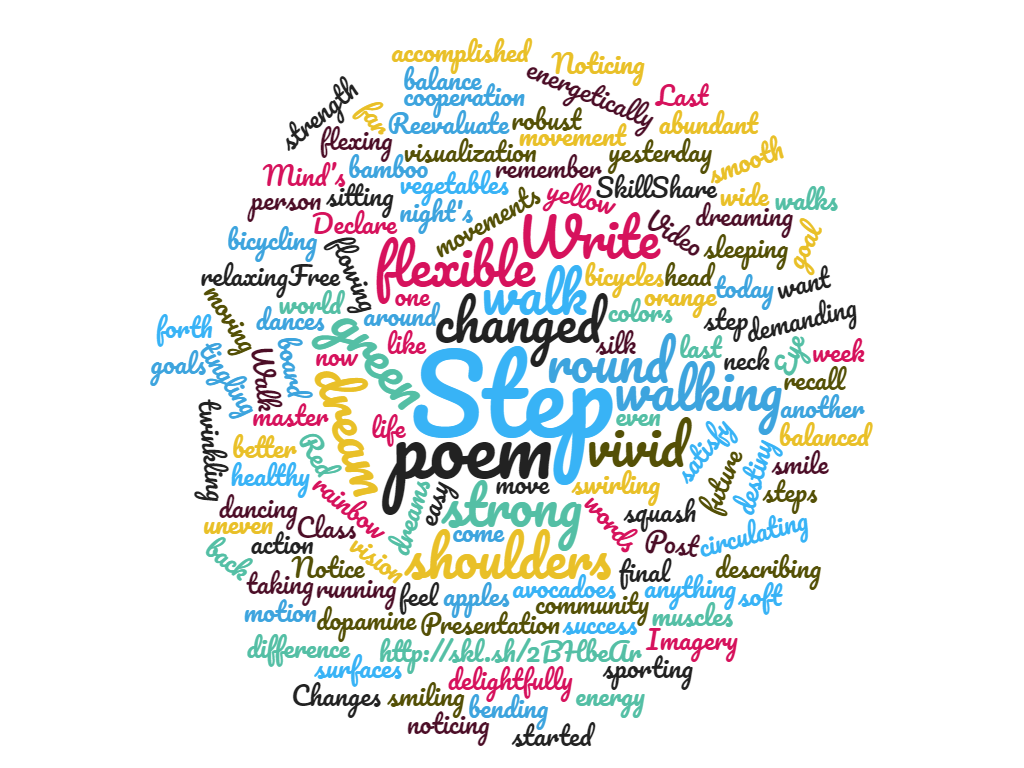
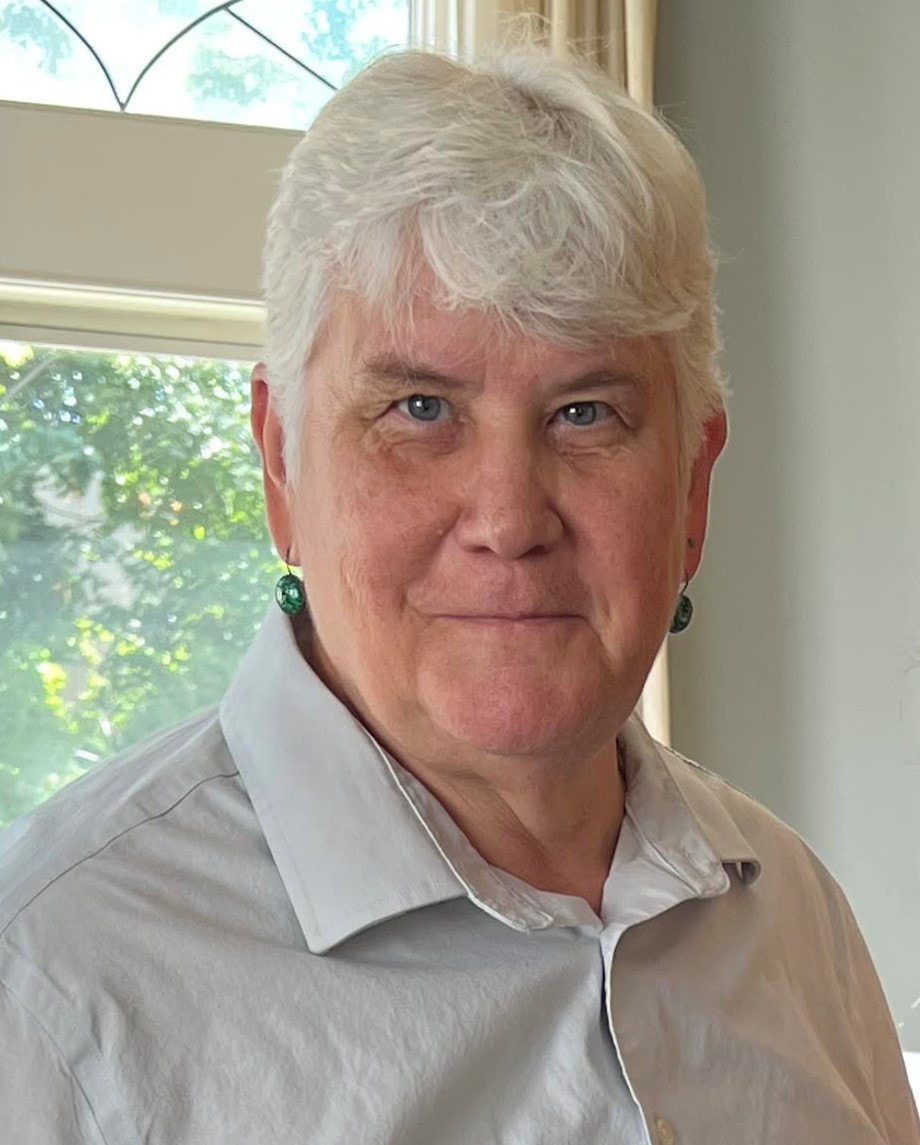
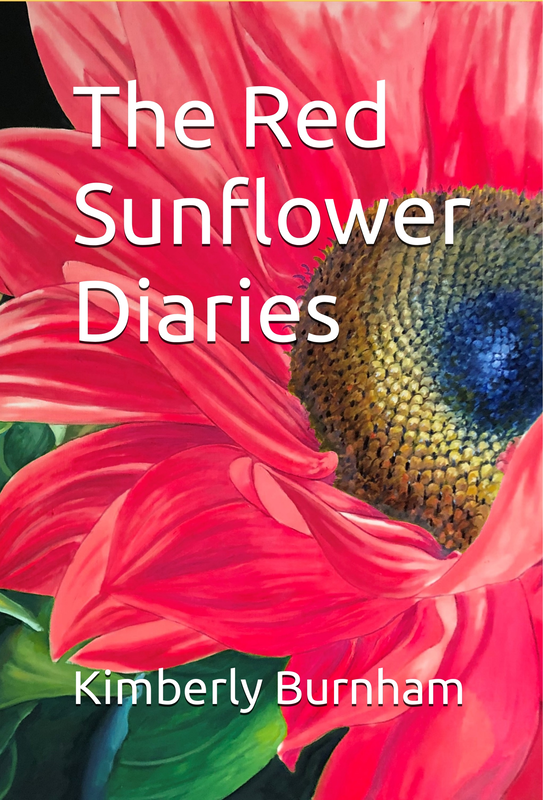
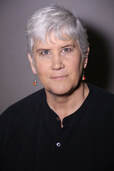

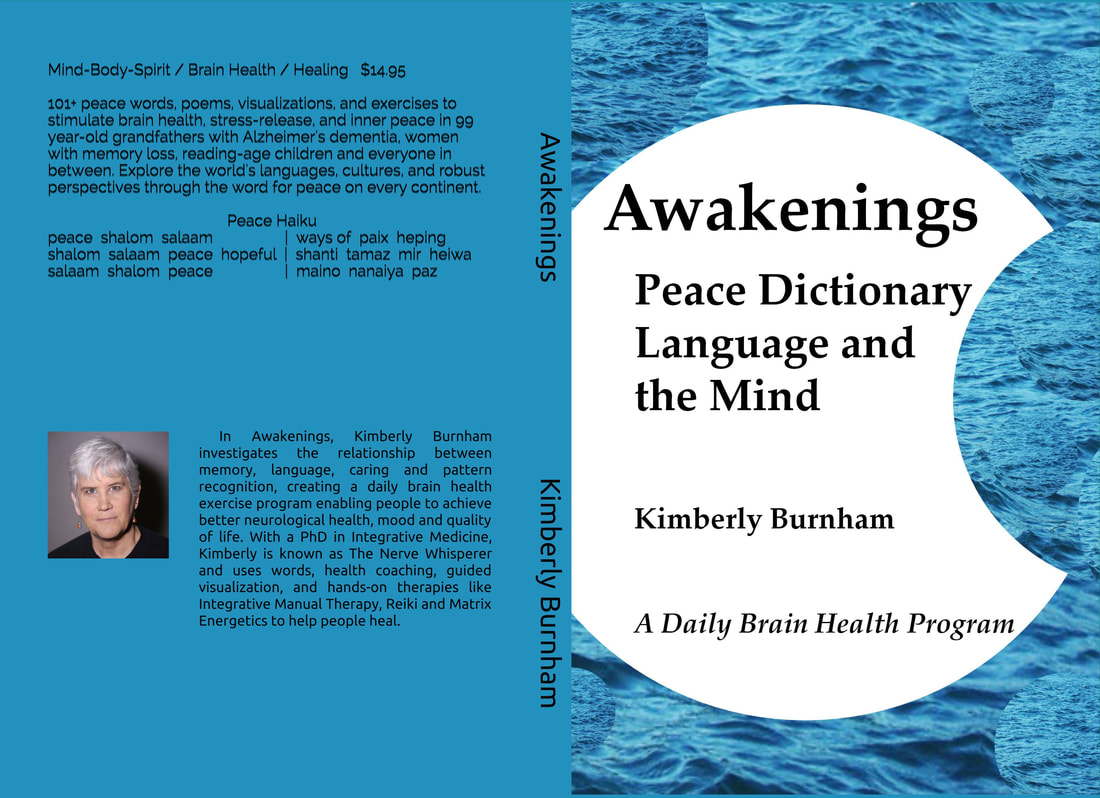
 RSS Feed
RSS Feed
